“It’s absolutely crazy out there, David. Like covering an election people actually care about.”
This was the incredulous verdict of a veteran UK political journalist who had been dispatched to Scotland to cover the final frenetic days of the independence referendum.
We had met for a post-work pint on the evening of September 16, 2014, and he was astonished by the level of passion provoked by the campaign, a stark departure from the apathetic political climate he was accustomed to at Westminster.
As he peppered me with questions, I remember feeling like a weary war general tasked with bringing recently arrived reinforcements up to speed on battlefield conditions.
By that stage, I had been covering the ins-and-outs of the campaign for more than three years and had almost become numb to the daily sense of history being made.
Independence campaigners were having the time of their life as what once seemed like an impossible dream moved closer and closer to being a reality.
In contrast, Scots who wanted to remain part of the UK looked on in horror as they contemplated the prospect of their fellow countrymen committing what they viewed as an act of self-sabotage that attacked their very identity.
Brown, Obama and Allsopp
For my English colleague watching from London, the political talking points of currency union, the economy and EU membership were all familiar.
What the television news reports he’d seen simply couldn’t convey was the electric atmosphere on the streets throughout that long summer.
Looking back on some of those events now, they seem like a fever dream.
Ed Miliband being chased by an angry crowd through an Edinburgh shopping centre.
Kirstie Allsopp, of Location, Location, Location fame, texting out of the blue to warn a Yes vote would put mortgages at risk.
A barely recognisable Gordon Brown single-handedly rejuvenating the No campaign with a series of stirring stump speeches that had to be seen to be believed.
President Barack Obama breaking decades of convention in US/UK relations by publicly making it clear that he favoured a No vote.
But perhaps most unexpected of all was the incredible surge in popularity of the SNP and their senior politicians.
Alex Salmond in Dundee
I remember watching in awe as Alex Salmond was received like a rock star in Dundee, with a crowd of adoring supporters flocking around him as if he were the lead singer of a chart-topping band.
It later emerged that behind-the-scenes Salmond was behaving as if he really was the lead singer of a chart-topping rock band, but that’s another story.
The public’s imagination had been captured like never before and many ordinary Scots were taking an interest in politics for the first time in their lives.
I had been used to new acquaintances’ eyes glazing over when I told them I worked as a political journalist; now everyone wanted to talk to me about my job and most had extremely strong views on how I should go about it.
Despite the excitement around the referendum, it was not without its challenges and the intensity of that environment could be overwhelming.
The truth is nearly every political journalist I knew had a punishing time covering the campaign.
Threats
The country was polarised like never before and increasingly we found ourselves navigating a pressure cooker climate in which passionate Yes supporters in particular had little patience for journalists doing their job and scrutinising the arguments with annoying things like facts.
Social media was both a boon and a curse.
While it provided a new platform for information and public discourse, it also became a breeding ground for abuse and vitriol.
Journalists found themselves more exposed than ever.
Having to tell my pregnant wife that the police were now investigating some of the threats I had received online was the undoubted low point for me.
For my part, I was acutely aware of the responsibility that came with covering an event which would have consequences for decades if not centuries to come.
The stakes were brought home forcefully when I published an exclusive opinion poll in early September that showed the No campaign ahead after a period when Yes seemed to be sneaking it.
Such was the relief amongst UK financial institutions that there was a noticeable uptick on the stock market within a matter of minutes.
Independence looks as distant as ever
Of course, the British establishment ultimately survived the scare.
Ten years on, independence looks as distant as ever and the SNP’s popularity has plummeted once again.
Yet the referendum showed us that democracy is not just about the vote itself, but empowering citizens to care, learn, and engage with their political future.
The most positive aspect of that period was the engagement of young people, the success of extending the franchise to 16 and 17-year-olds and the staggering turnout of 85%.
Wouldn’t it be great if every election seemed like one people actually cared about?
David Clegg is the editor of The Courier. He is also the co-author of Break Up: How Alex Salmond and Nicola Sturgeon Went to War
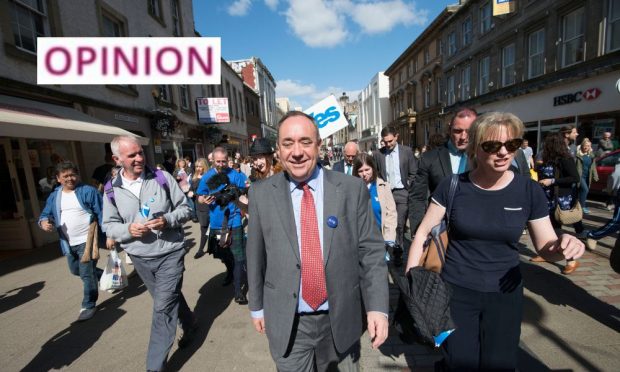
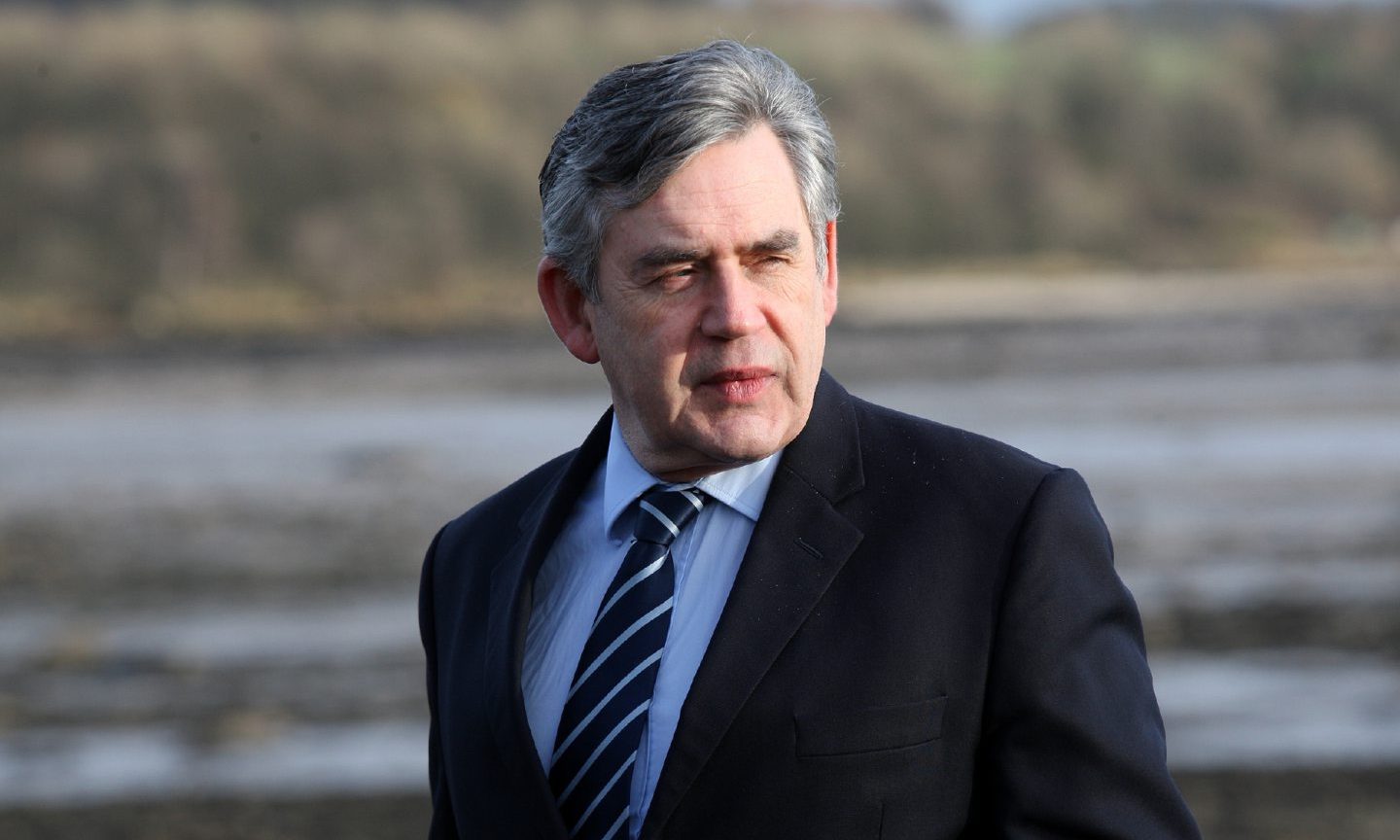
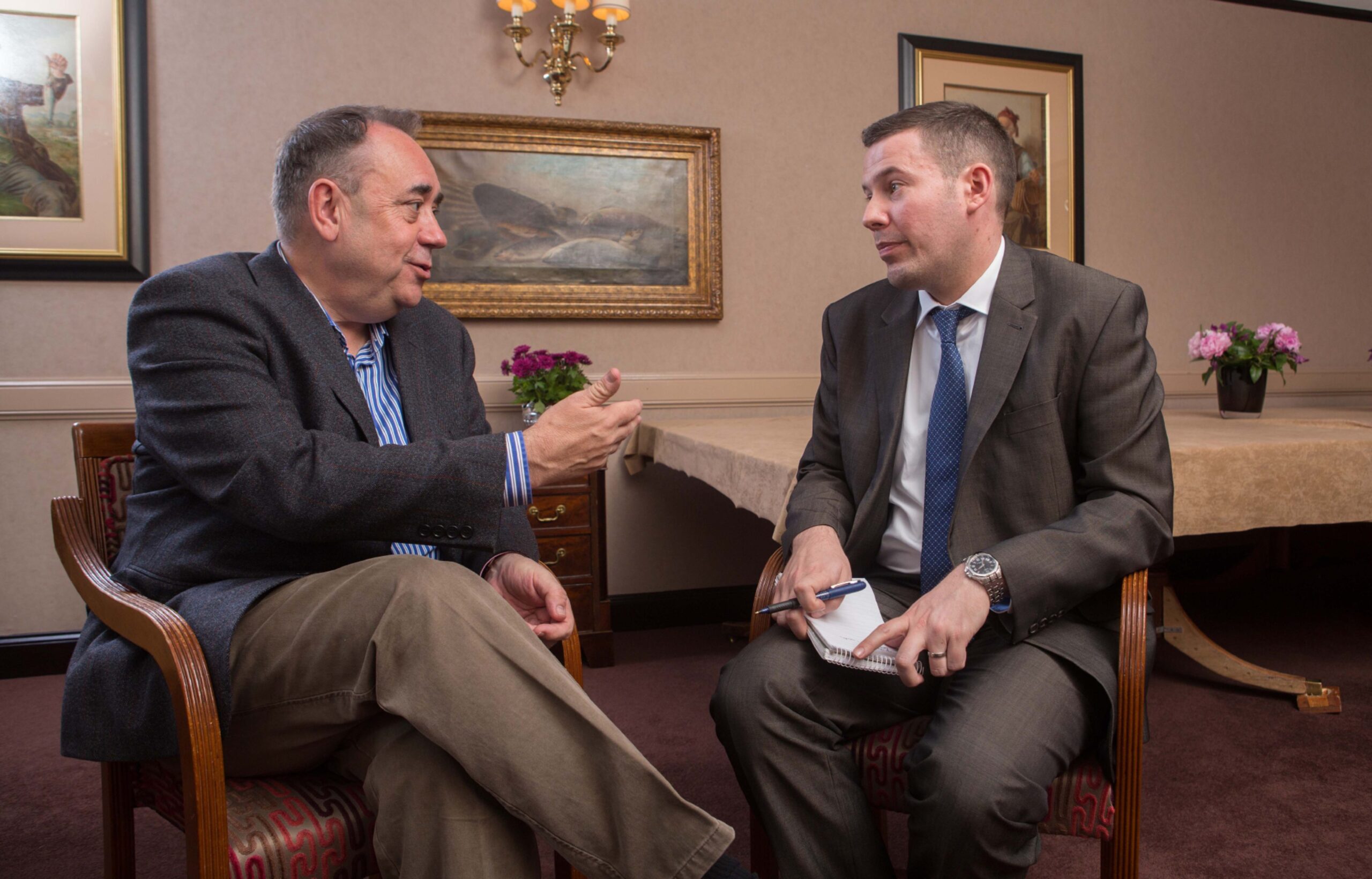
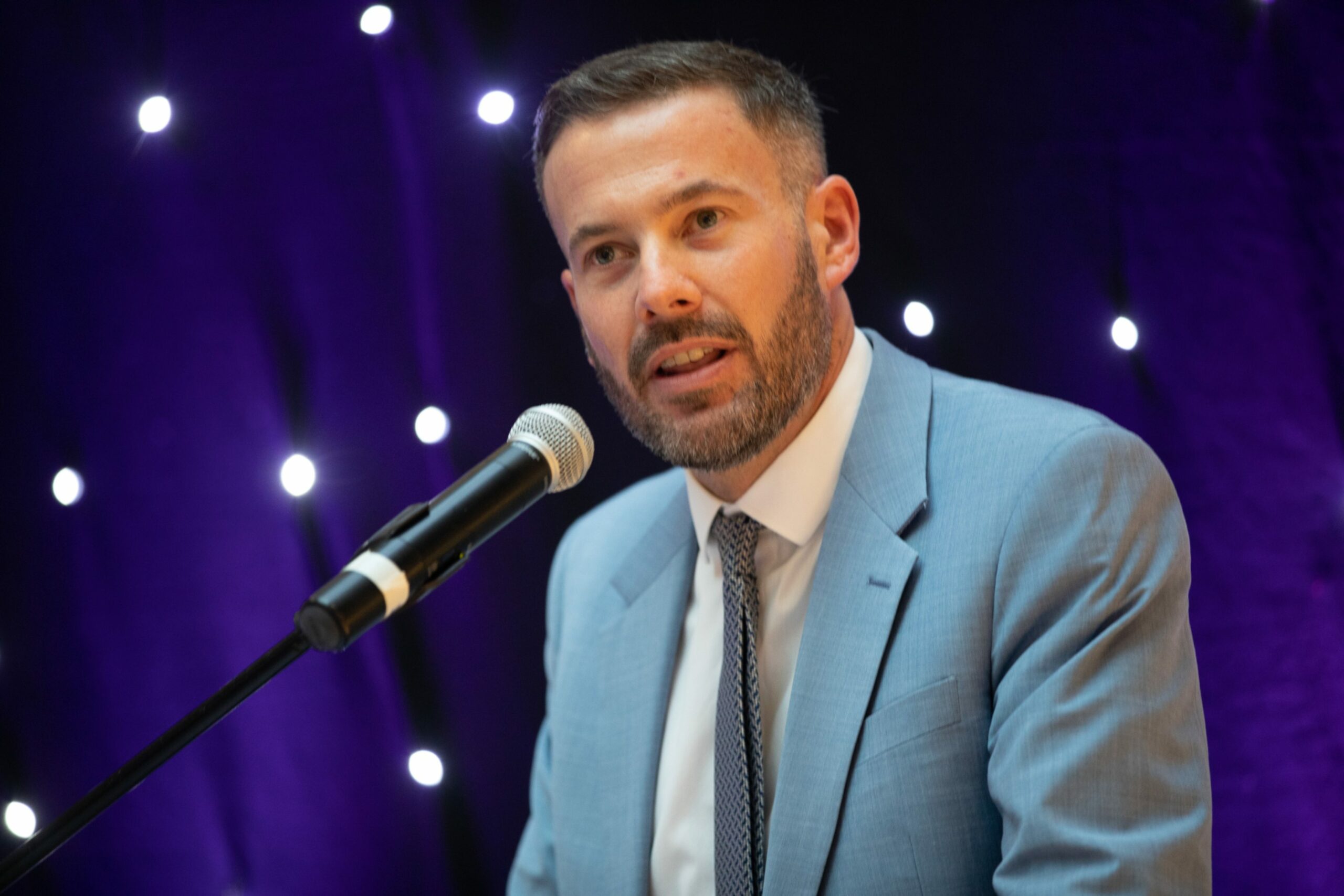
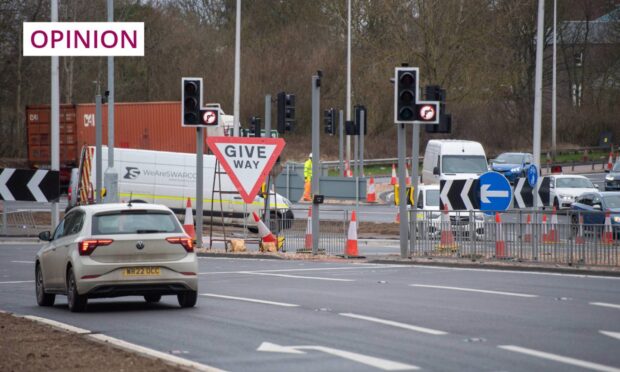
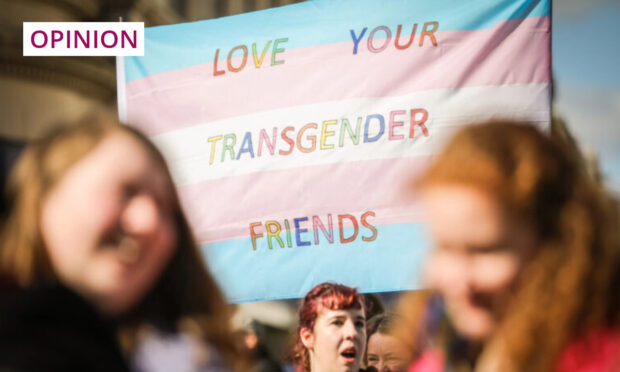
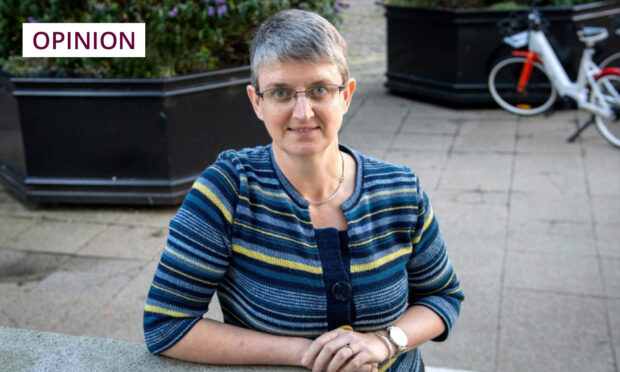







Conversation